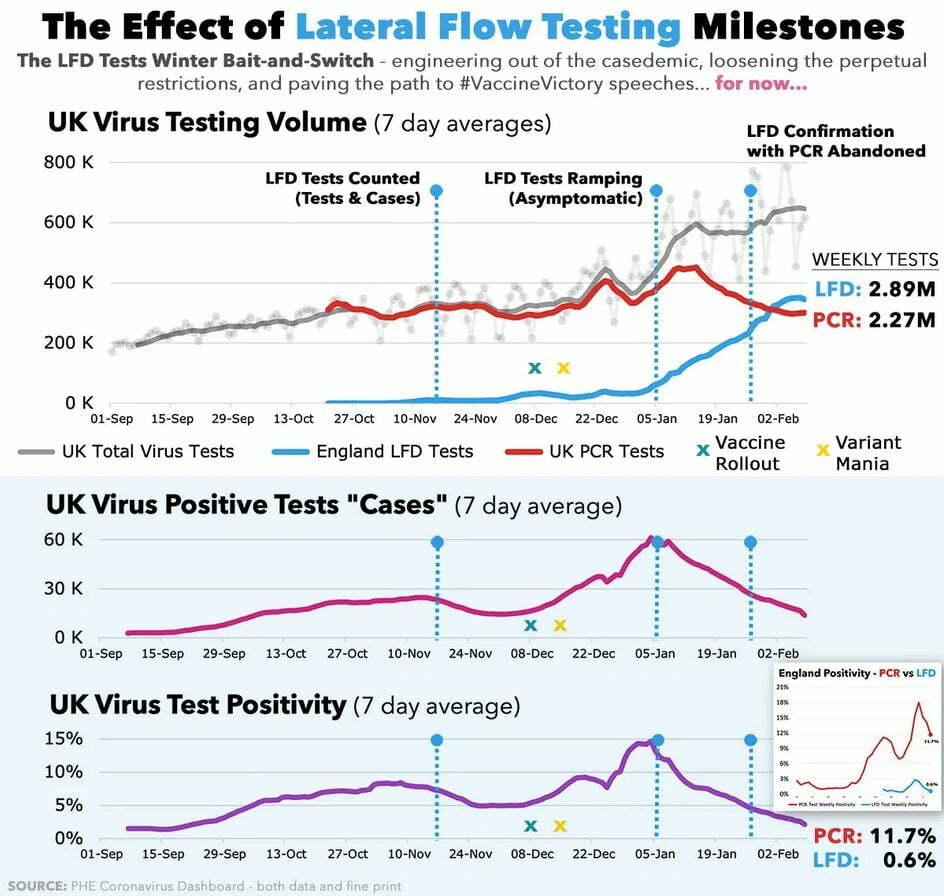A new peer reviewed study by Stanford researchers has found that mandatory lockdowns do not provide more benefits to stopping the spread of COVID-19 than voluntary measures such as social distancing.
The study compared countries that had imposed mandatory lockdowns, such as England, France, Germany, Iran, Italy, Netherlands, Spain and the U.S., to those that had relied on the public to follow voluntary measures, such as Sweden and South Korea.
The researchers subtracted “the sum of non-pharmaceutical intervention (NPI) effects and epidemic dynamics in countries that did not enact more restrictive non-pharmaceutical interventions (mrNPIs) from the sum of NPI effects and epidemic dynamics in countries that did.”
After analyzing the data, the researchers found “no clear, significant beneficial effect of [more restrictive measures] on case growth in any country.”
The authors added that they “do not question the role of all public health interventions,” but insisted that stay at home orders and business closures had no additional impacting on lowering the spread of the virus.
The study adds to the weight of evidence that clearly indicates lockdowns are totally pointless and only create further misery and death.
According to Professor Philip Thomas of Bristol University, the UK lockdown will end up costing 500,000 lives due to the health impact of the economic recession it will cause.
Untold numbers of people will also die from having their urgent treatments delayed as well as avoiding hospitals.
According to research published by Imperial College London and Johns Hopkins University, around 1.4 million people globally will also die from untreated TB infections.
Last September, Germany’s Minister of Economic Cooperation and Development, Gerd Muller, warned that lockdown measures throughout the globe will end up killing more people than the coronavirus itself.





